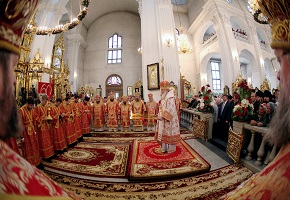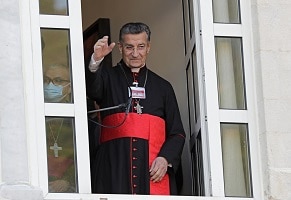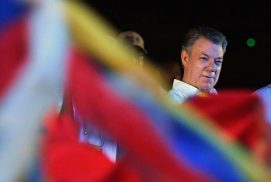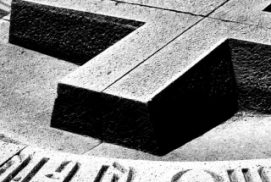pope-francis
-
-
- Giancarlo Bosetti 24 April 2025Pope Francis has been labeled by his critics as a populist, a claim that must be firmly rejected—unless we are willing to define as populist anyone who cares about the problem of poverty. Such an assumption would be absurd and repugnant. Populism is a broad concept with various meanings: in the North American context, in 19th-century Russia, and in Latin America during the 20th century. Today, especially in the West, the term refers to heterogeneous political groups that foster resentment toward political and economic elites, as well as hostility toward immigrants, refugees, and foreigners in general: a “we” versus “them” dynamic—against those in power on one hand, and against “others” and the “different” on the other, perceived as a threat to the interests of the native and resident population.
- José Casanova 23 April 2025Nobody knows who is going to be Francis’s successor and what kind of new direction he will give to his pontificate. But after encountering the last five Popes, from John XXIII to Francis, all great Catholic Popes and great global leaders, each uniquely placing their emphases on different aspects of the pluralist Catholic tradition, we can be almost sure that the next Pope is likely to continue the Catholic legacy in his unique personal way, leading the global church as the Bishop of Rome, while also continue working, in the words of Pope Benedict XVI, “for the advancement of humanity and of universal fraternity.”
- Nadia Urbinati 22 April 2025A son of Argentina, cradle of populism—a rhetoric that slices facts and ideas in two, goes straight for the emotions, and makes no concessions, because right and wrong must fall clearly on one side or the other. Argentine populism was socially nationalist in politics and conservative in values. Likewise, Pope Francis was a progressive populist on social issues and conservative on moral ones—after all, a position consistent with the principles of the Roman Catholic Church.
- Riccardo Cristiano 7 March 2024Some may remember that when Vladimir Putin initiated his “special military operation” against Ukraine, one of his earliest supporters was Patriarch Kirill I of the Russian Orthodox Church. What was his perspective? In his first public address following the commencement of what Moscow terms the “special military operation,” he provided a clear answer: he saw it as a “metaphysical war.” In other words, for the Patriarch, it was evident that this conflict represented a battle between Russia defending the fundamental values of its Christian essence, and Western de-Christianization, which sought to spread, through Ukraine, even to this part of Europe, concepts like gay pride, seen as the epitome of evil.
- Luca Steinmann 5 July 2021Saving a country from its collapse. An interview with Maronite Patriarch Bechara Boutros Raï after his visit to the Vatican
- Riccardo Cristiano 6 September 2017The journey that Jorge Mario Bergoglio is beginning today goes well beyond Colombia’s borders
- 15 April 2015The centenary of the Armenian genocide will go down in history, if for no other reason that Pope Francis’ words will still echo powerfully over the days and years to come. Many things have been said and written about Jorge Bergoglio’s speech and there is no need to add anything. Here the issue of the genocide’s centenary starts from a different perspective, to be more specific from a location; Gallipoli.










